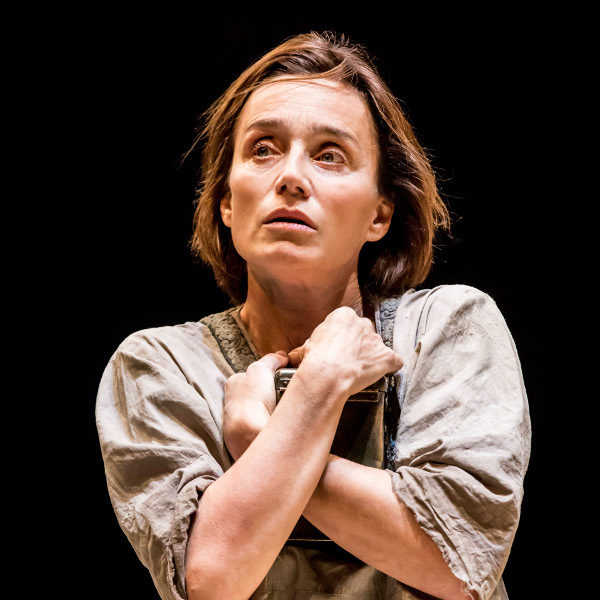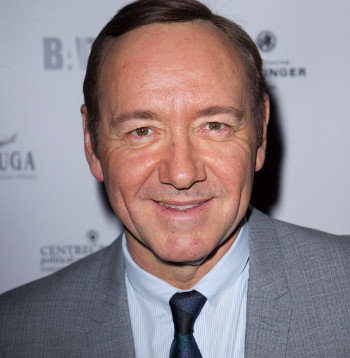Electra (Old Vic Theatre)

© Johan Persson
Kristin Scott Thomas has arrived at a new peak in her career as the grief-crazed daughter of Agamemnon. This childless woman, "melting away", prowls the earthen forecourt of the palace at Mycenae, a committed outcast on a longstanding mission to avenge her father (killed by her mother Clytemnestra for sacrificing another daughter in exchange for a fair wind to Troy) and find her long-lost brother, Orestes.
The programme/poster material at the Vic has an elongated, photoshopped portrait of Scott Thomas with the blankest of blue-eyed stares. That stare on stage is animated with anger while her life she sees as a river, flooding with grief. So she swims around forlornly, attended by a three-woman Chorus who have obviously given up the ghost, and a critical sister, Chrysothemus (pointedly wrought by Liz White) appalled by Electra’s "crime" of endless lamentation.
Of all three extant ancient Greek Electras, that of Sophocles is the starkest, stillest and most morally even-handed. Ian Rickson‘s staging in the reconfigured amphitheatre of the Vic is suitably swift and powerful. Although nothing happens till the end, there’s a permanent sense of chickens coming home to roost, underpinned by the sinister thrum of P J Harvey’s music. Mark Thompson‘s design is a scuffed dustbowl beneath the tall wooden palace portal, with running tap water and a very dead, blasted tree trunk.
Using the "version" Frank McGuinness made for Zoë Wanamaker’s spiky-haired Bosnian refugee at Chichester and the Donmar in 1997, Rickson conveys the sombre rituals and declarations with tact and dignity, the tone established by Peter Wight‘s grave old servant setting the scene without (as in Sophocles) Orestes or his silent chum Pylades; the former turns up later in the fresh-faced form of Jack Lowden, a baby-faced killer rather than the usual terrorist, tipping out his "ashes" to disabuse Electra of his supposed demise.
Electra resents her mother sleeping with her father’s killer, and calls it "adultery," and there’s something of the exotic courtesan about Diana Quick‘s full-throated Clytemnestra, going about her weird devotions, resigned to her daughter’s resentment ("So you’re prowling around the house again") and understandably stuck on Tyrone Huggins‘s basso-voiced bad man Aegisthus, also a late entrant in the lists.
"Giving birth is strange," says Clytemnestra, "you do not hate your children however they may treat you." The focus here is definitely on the mother and daughter aspect of the tragedy, and its timeless application, rather than any modern political metaphor. And Scott Thomas achieves a Zen-like level of habitual sorrow and spiritual transcendence that suggests she will be running Helen McCrory’s NT Medea very close in the best acting awards shake-down later this year.












